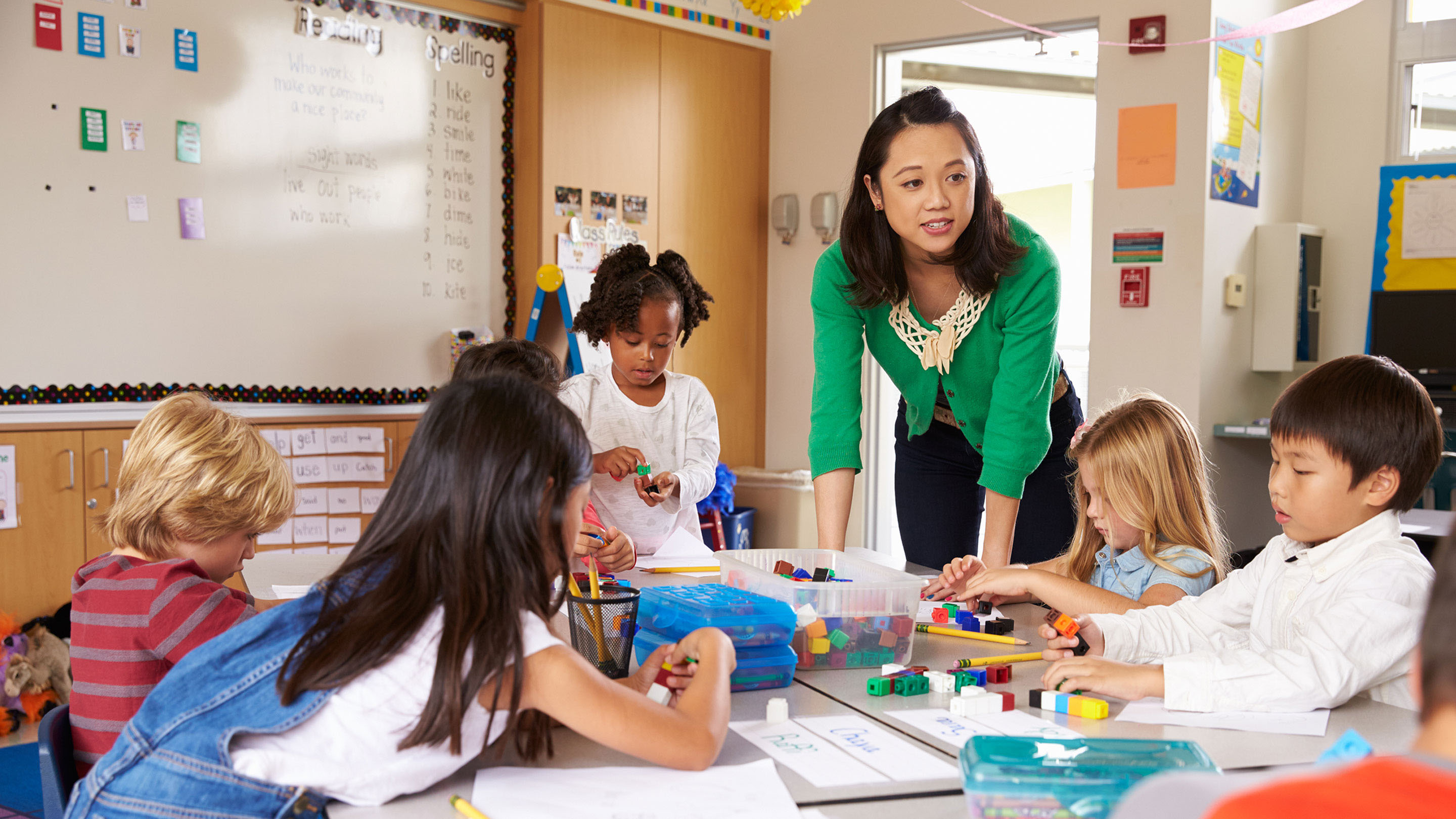Expert Tutors Offering Primary Science Tuition Singapore for All Grades
Expert Tutors Offering Primary Science Tuition Singapore for All Grades
Blog Article
Discover the Necessary Advantages of Understanding Main Science for Young Students
The significance of key science education for young learners prolongs much past plain knowledge purchase; it functions as a basic pillar in creating important skills such as vital reasoning, analytical, and creative thinking. Involving with clinical ideas with inquiry-based and interactive tasks not just grows inquisitiveness however likewise lays the groundwork for durable, positive learners. As we explore these benefits further, it ends up being clear that the ramifications for future academic and personal growth are profound. Nonetheless, what details approaches can instructors utilize to take full advantage of these advantages?
Enhancing Critical Thinking Abilities
Promoting crucial assuming skills in young learners is crucial for their cognitive advancement and future scholastic success. Important thinking enables youngsters to examine information, review evidence, and make informed choices, which are crucial skills in today's information-rich society. By taking part in clinical inquiry, young students can improve these abilities as they check out concepts through thinking, trial and error, and observation.
In main science education and learning, educators can assist in crucial reasoning by encouraging students to ask concerns, develop theories, and perform experiments. This hands-on method enables youngsters to exercise problem-solving and develop logical thinking abilities. When students explore the properties of products or the concepts of activity, they learn to analyze their searchings for seriously and draw conclusions based on proof.
In addition, discussions and collaborative tasks can advertise important thinking by providing opportunities for students to express their ideas, obstacle presumptions, and consider diverse viewpoints. By developing an encouraging setting that values questions and representation, teachers can support important assuming abilities that empower young learners to become independent thinkers and lifelong students. Inevitably, enhancing these skills lays a robust structure for their future scholastic endeavors and personal growth.
Cultivating Inquisitiveness and Exploration

Key science education gives an organized environment where young students can explore different phenomena with hands-on experiments and monitorings. By permitting them to engage with materials and participate in inquiry-based learning, instructors develop chances for children to create theories, evaluate their ideas, and attract conclusions. Such experiences nurture a feeling of marvel and excitement concerning scientific research.

Building Confidence in Trouble Addressing
Building confidence in analytical is a crucial component of main scientific research education that empowers young learners to approach obstacles with strength and creative thinking - primary science tuition Singapore. They develop important skills in crucial thinking and analysis when kids are urged to involve with clinical principles via hands-on activities and inquiry-based learning. This procedure not only boosts their understanding of scientific concepts but likewise fosters a feeling of ownership over their understanding
To develop self-confidence, teachers should develop a helpful environment where blunders are considered as opportunities for growth instead of failures. This urges trainees to take threats and discover various solutions to problems. By giving scaffolding and assistance, educators can help trainees browse complex tasks, slowly boosting their independence in problem-solving circumstances.
Moreover, collective knowing experiences, such as group jobs or experiments, can better boost pupils' confidence as they learn to articulate their thoughts and listen to others' point of views. These interactions support social abilities and enhance the concept that problem-solving is frequently a collective venture. Eventually, cultivating confidence in analytic prepares young students for future academic challenges and outfits them with the devices needed for lifelong knowing.
Motivating Creativity and Development
In the world of main scientific research education and learning, encouraging creativity and advancement is necessary for growing a dynamic learning setting. By cultivating a society where young learners can explore concepts and experiment easily, educators help students create essential assuming abilities and an enthusiasm for discovery. Creativity in scientific research motivates kids to ask questions, develop hypotheses, and involve in hands-on tasks that boost their creativity.
Integrating flexible jobs and inquiry-based Read Full Article learning right into the educational program allows students to share their special point of views and services. For circumstances, when entrusted with fixing a trouble relevant to their setting, students can brainstorm multiple methods, leading to creative outcomes that display their originality. This not only grows their understanding of scientific ideas yet also instills a feeling of ownership over their discovering procedure.
Furthermore, imaginative science education nurtures partnership amongst peers, as students commonly share concepts and improve each other's understandings - primary science tuition Singapore. This collective spirit promotes not just advancement but likewise crucial social abilities. Hence, by focusing on imagination and innovation in key scientific research education, we equip young students to think seriously, welcome obstacles, and visualize opportunities, laying a strong foundation for lifelong learning and expedition
Getting Ready For Future Understanding Difficulties
Young students' capability to navigate future knowing challenges rests on a strong foundation in primary scientific research education. This fundamental understanding equips students with essential assuming skills and a systematic technique to analytic, vital for taking on complicated problems in an ever-evolving globe. Main science fosters inquiry-based discovering, urging trainees to ask concerns, explore hypotheses, and take part in hands-on experiments.
As they develop these abilities, learners come to be experienced at examining information, acknowledging patterns, and drawing informed final thoughts. Such expertises are essential not just in clinical areas but also in math, technology, and design (STEM), where interdisciplinary understanding is progressively vital.
In addition, key scientific research education grows a sense of inquisitiveness and resilience in young students, allowing them to check out obstacles as opportunities for growth. As they run into and get over challenges in their clinical explorations, they develop confidence in their capacity to innovate and adapt.
Ultimately, a solid structure in primary science not just prepares young learners for academic quests yet also furnishes Resources them with the tools needed for lifelong knowing and versatility in a swiftly changing global landscape. By purchasing key science education, we are purchasing the future possibility of our students.
Verdict
Recognizing primary scientific research is essential for young learners, as it promotes vital thinking, inquisitiveness, and creative thinking. Inevitably, the advantages of main science education prepare youngsters for future scholastic searches and infuse lifelong discovering habits important for prospering in an ever-evolving world.
The relevance of primary science education and learning for young learners prolongs far beyond plain understanding acquisition; it serves as an essential column in developing important skills such as important reasoning, problem-solving, and creative thinking. By creating an encouraging setting that values query and reflection, instructors can support critical thinking skills that empower young students to become long-lasting students and independent thinkers. Thus, by focusing on creative thinking and innovation in main science education, we equip young learners to assume seriously, welcome challenges, and envision possibilities, laying a solid foundation for long-lasting knowing and exploration.
Young More about the author students' ability to navigate future understanding challenges hinges on a solid foundation in main scientific research education and learning.Recognizing primary scientific research is vital for young learners, as it cultivates important thinking, inquisitiveness, and imagination.
Report this page